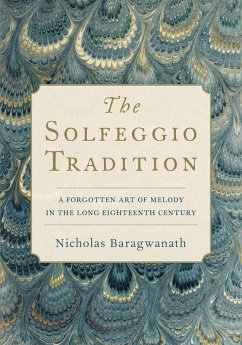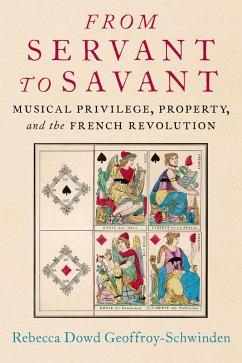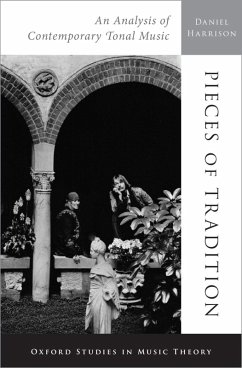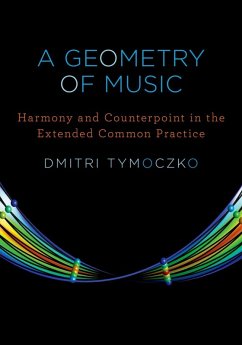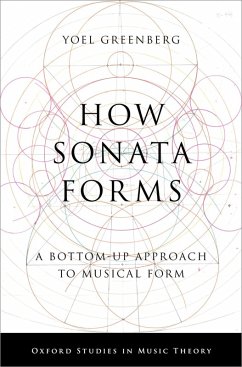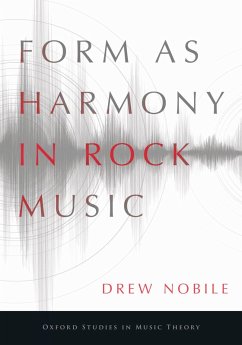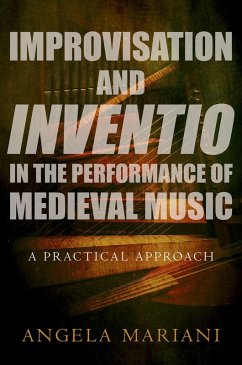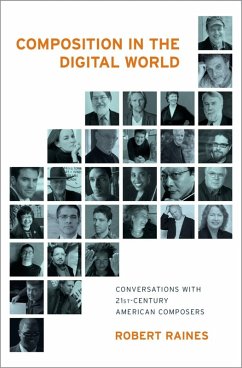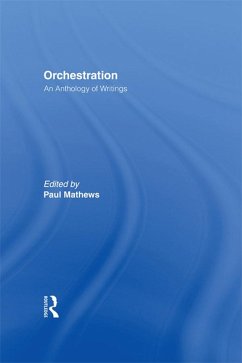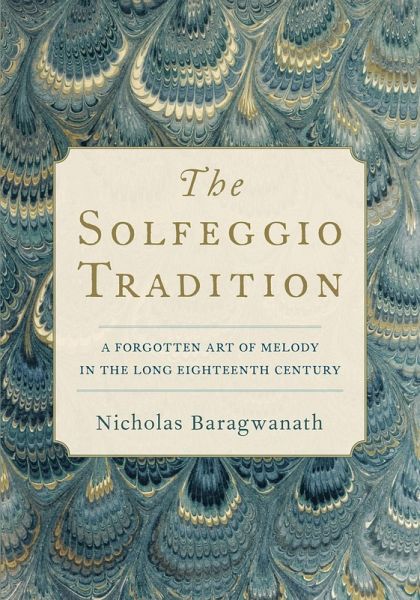
The Solfeggio Tradition (eBook, ePUB)
A Forgotten Art of Melody in the Long Eighteenth Century
Versandkostenfrei!
Sofort per Download lieferbar
32,95 €
inkl. MwSt.
Weitere Ausgaben:

PAYBACK Punkte
16 °P sammeln!
How did castrati manage to amaze their eighteenth-century audiences by singing the same aria several times in completely different ways? And how could composers of the time write operas in a matter of days? The secret lies in the solfeggio tradition, a music education method that was fundamental to the training of European musicians between 1680 and 1830 - a time during which professional musicians belonged to the working class. As disadvantaged children in orphanages learned the musical craft through solfeggio lessons, many were lifted from poverty, and the most successful were propelled to e...
How did castrati manage to amaze their eighteenth-century audiences by singing the same aria several times in completely different ways? And how could composers of the time write operas in a matter of days? The secret lies in the solfeggio tradition, a music education method that was fundamental to the training of European musicians between 1680 and 1830 - a time during which professional musicians belonged to the working class. As disadvantaged children in orphanages learned the musical craft through solfeggio lessons, many were lifted from poverty, and the most successful were propelled to extraordinary heights of fame and fortune. In this first book on the solfeggio tradition, author Nicholas Baragwanath draws on over a thousand manuscript sources to reconstruct how professionals became skilled performers and composers who could invent and modify melodies at will. By introducing some of the simplest exercises in scales, leaps, and cadences that apprentices would have encountered, this book allows readers to retrace the steps of solfeggio training and learn to generate melody by 'speaking' it like an eighteenth-century musician. As it takes readers on a fascinating journey through the fundamentals of music education in the eighteenth century, this book uncovers a forgotten art of melody that revolutionizes our understanding of the history of music pedagogy.
Dieser Download kann aus rechtlichen Gründen nur mit Rechnungsadresse in A, B, BG, CY, CZ, D, DK, EW, E, FIN, F, GR, HR, H, IRL, I, LT, L, LR, M, NL, PL, P, R, S, SLO, SK ausgeliefert werden.




